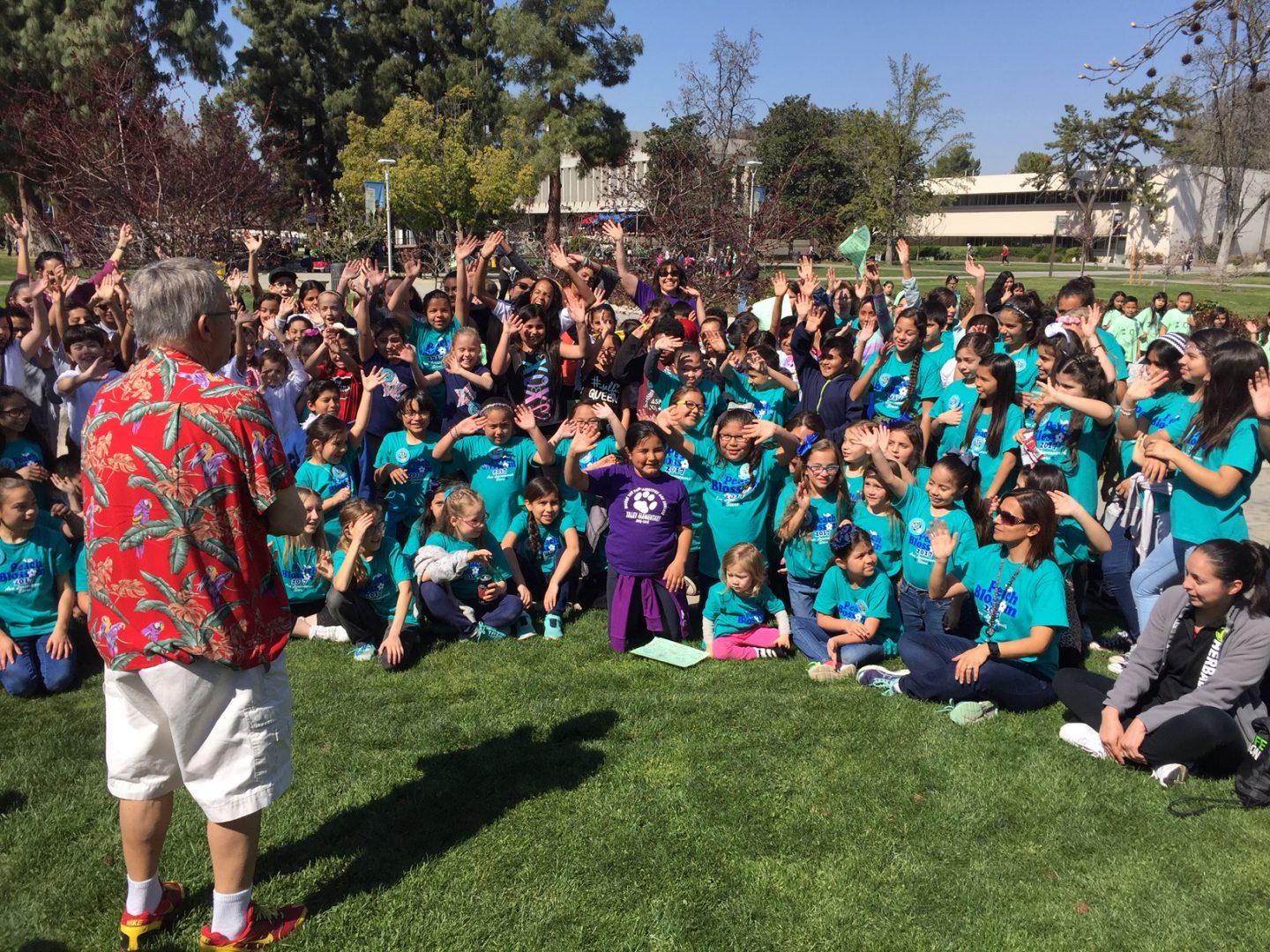The annual Peace Blossom Festival at Fresno State will take place March 25 and will run through March 26. It will be an online-only event.
The virtual event will offer a collection of poems and literature interpretations performed by first- to sixth-grade students from the Central Valley.
“This year, we are building an entirely online Peach Blossom Festival, so we can safely celebrate the accomplishments and performances of our Valley’s students, and find ways to connect with one another from home,” said a post at the event’s official website.
Each Peach Blossom Festival is an effort to excite children and allow them to experience the positive atmosphere at Fresno State.
The website also states that previous Peace Blossom Festivals have hosted up to 6,000 children, and the pandemic does not mean to hinder the experience whatsoever.
“Peach Blossom is one of those Fresno events that so many of us — college students, teachers and parents — participated in when we were children and of which we have very fond memories still,” said Elise Barba, co-director of this year’s festival, in a news release.
“It’s an event that’s been around for more than 60 years, and one that we want to be able to protect for 60 more.”
The event will host and publish an array of pre-recorded video from participants, which are said to be held within an online performance gallery and will be viewable to the general public starting March 25.
Fresno State faculty and community members will also perform alongside students from the Central Valley.
This year’s Peach Blossom Festival will be a return of the event after its cancellation last year due to COVID-19 two days before the event date. That was the first time in 62 years that the event was ever canceled.
“The safety and well-being of our campus community is our highest priority, as is maintaining a safe environment for those who visit our campus,” the event’s website said in March 2020.
The Fresno State Peach Blossom Festival is the university’s longest running program and often acquires over two-thirds of campus. It is also fully operated by students.




